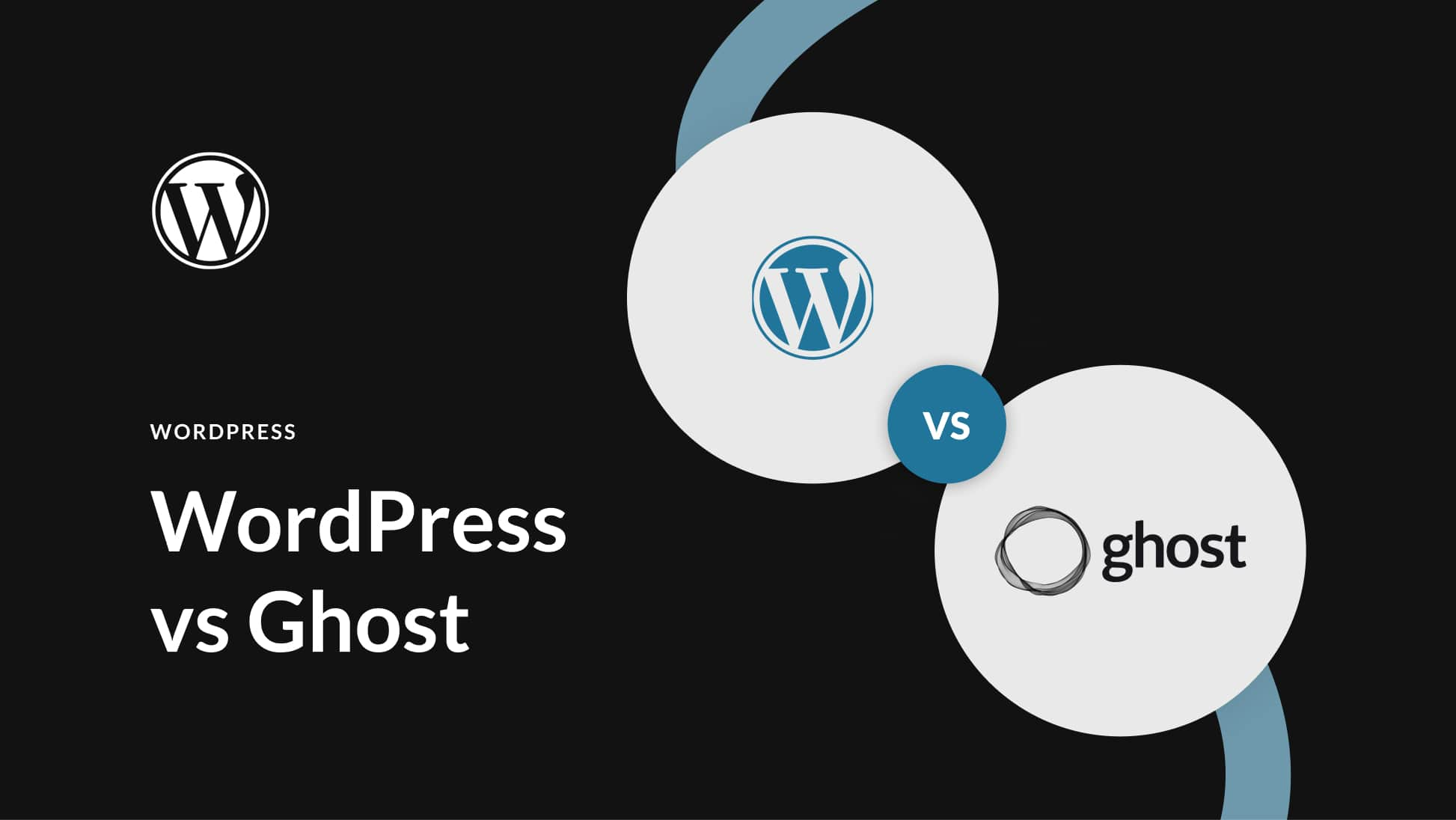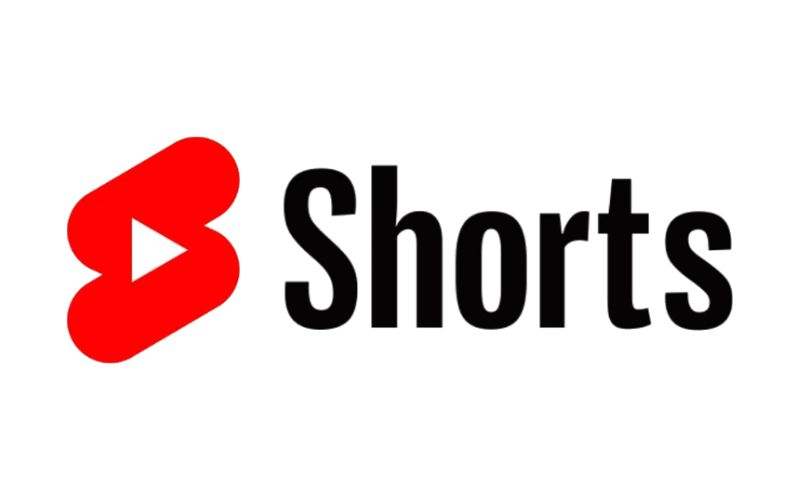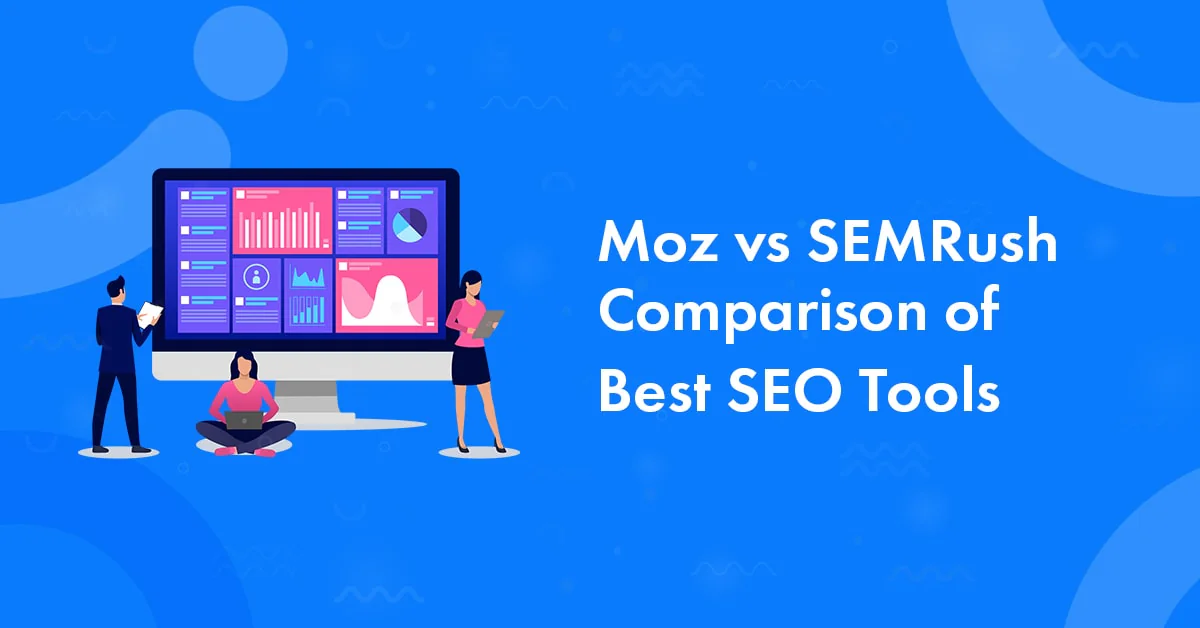Posting time and update frequency are important for traffic and revenue to determine whether a video can enter the referral chain, reach high-value viewers, and realize revenue explosion. In this article, we will analyze Shorts The true role of content publishing time and frequency on traffic and revenue, and shares practical strategies to help creators optimize their publishing cadence.
![Image [1] - YouTube Shorts Revenue Optimization Guide: Best Posting Times and Update Frequency Strategies Explained](http://gqxi.cn/wp-content/uploads/2025/06/20250613103215209-image.png)
I. Why does the posting time of YouTube Shorts affect traffic?
1. The "golden window" in the recommendation mechanism
YouTube Shorts s algorithm places a high value on data feedback from the initial release of a video. When a video is first released, YouTube tests recommendations on a small scale, and if the initial view completion and interaction rates perform well, the system quickly expands the push. Therefore:
- Launching during active times for your target audience can boost initial data performance
- seizeGolden 1-2 hoursReferral diffusion opportunities within to drive subsequent traffic bursts
![Image [2]-YouTube Shorts Revenue Optimization Guide: Best Posting Times and Update Frequency Strategies Explained](http://gqxi.cn/wp-content/uploads/2025/06/20250613103342762-image.png)
2. Time zone challenges of a globalized platform
YouTube It is a global platform and Shorts recommendations are not just limited to local audiences. Therefore, the choice of release time slots needs to be considered:
- Active time in the country/region of the core target audience
- Different regional CPM levels to maximize coverage of active time slots in high-value ad markets
For example, if targeting a U.S. market audience, prioritize highly active segments (e.g., 7-10 p.m.) during EST or WEST time.
3. Indirect impact of the timing of the debut on earning potential
The timing of the release determines which group of viewers sees the video first, and the group of viewers directly affects the value of the ad. If the first reach is high CPM Marketsusers, the potential for subsequent referral paths and advertising revenue is higher.
II. The Role of Release Frequency on Shorts Flows and Earnings
![Image [3] - YouTube Shorts Revenue Optimization Guide: Best Posting Times and Update Frequency Strategies Explained](http://gqxi.cn/wp-content/uploads/2025/06/20250613103553475-image.png)
1. Algorithmic benefits of high-frequency updates
- Overall channel activity increases, more likely to be favored by algorithms
- Multiple videos enter the recommendation stream at the same time, creating a traffic stacking effect
- Enhance viewer stickiness, repeat viewing and subscription conversions
2. Potential risks of excessive frequency
- Video performance is fragmented, making it difficult to focus referral traffic on a single video
- Decline in content quality, leading to a decline in viewing completion rates and interaction rates, affecting the referral chain
- Consumes too much energy from creators and makes it difficult to maintain content standards in the long run
3. Recommendations for an optimal frequency strategy
- Maintain a frequency of 1-2 high quality Shorts updates per day.
- Choose a fixed time slot for release to build audience anticipation
- Schedule weekly data review to dynamically adjust the release rhythm
![Image [4] - YouTube Shorts Revenue Optimization Guide: Best Posting Times and Update Frequency Strategies Explained](http://gqxi.cn/wp-content/uploads/2025/06/20250613103854673-image.png)
III. How to determine the best time and frequency of publication?
1. Utilizing data to gain insight into when target audiences are active
Creators should regularly check YouTube Analytics Data that focuses on:
- Main source countries/regions of visitors
- Audience active time (available in the channel's audience report)
- Performance data (e.g., view completion rate, like rate) within 1 hour of the video's debut
![Image [5] - YouTube Shorts Revenue Optimization Guide: Best Posting Times and Update Frequency Strategies Explained](http://gqxi.cn/wp-content/uploads/2025/06/20250613103703861-image.png)
2. Phased testing and optimization
Novice creators are advised to form an optimal release strategy through phased testing:
- Phase I: SelectionDifferent time periodsTrial launches (e.g., morning, late afternoon, evening) to collect initial data
- Phase 2: Concentrate on releases during periods of better data performance and fine-tune frequency
- Stage 3: After stabilizing the frequency, gradually improve the quality of the content and form a pop-up accumulation effect
3. Balancing short-term flows with the layout of long-term gains
High-frequency releases help with short-term traffic, but should be considered by creators in the long run:
- commander-in-chief (military) Shorts as an entry point for traffic, directing viewers to high-yield content such as long videos and live streams
- Produce series of short videos to enhance the overall value of the channel
- Maximize commercialization by launching videos with brands or with goods during high-traffic hours
![Image [6] - YouTube Shorts Revenue Optimization Guide: Best Posting Times and Update Frequency Strategies Explained](http://gqxi.cn/wp-content/uploads/2025/06/20250613103748571-image.png)
Fourth, the conclusion: want earnings explosion, need to be adept at the rhythm of the strategy
YouTube Shorts Success depends on the creativity of the content, and the release time and frequency are also the key variables for traffic explosion and revenue growth. Creators should combine the data with the active habits of viewers to develop a scientific release rhythm and realize both revenue and brand enhancement.
Link to this article:http://gqxi.cn/en/59533The article is copyrighted and must be reproduced with attribution.

























![Emoji[jingya]-Photonflux.com | Professional WordPress repair service, worldwide, rapid response](http://gqxi.cn/wp-content/themes/zibll/img/smilies/jingya.gif)






No comments